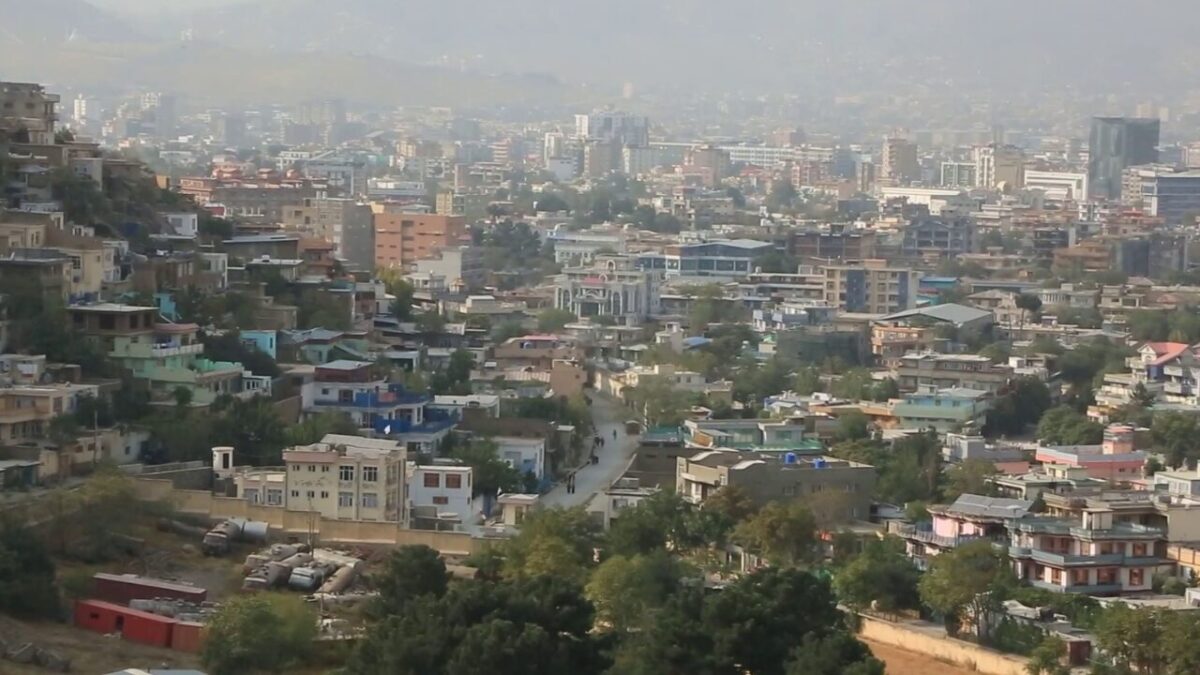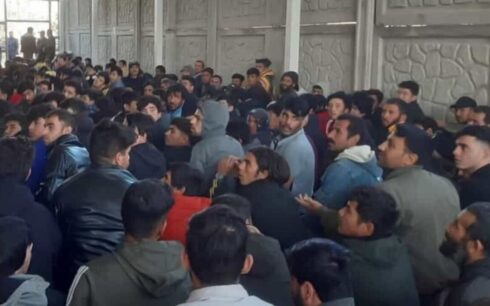While the Taliban-controlled Da Afghanistan Breshna Sherkat (DABS), the country’s state power company, reported importing more than 5.5 megawatts of electricity from neighboring countries over the past year, residents of Kabul say power outages have sharply increased.
Kabul residents report receiving less than five hours of electricity per day, with some accusing the Taliban of overcharging for electricity despite the shortages.
“There’s no fair distribution of power,” said Nasir Ahmad, a Kabul resident. “We get one or two hours of electricity in 24 hours, while other areas face fewer outages.”
Abdul Bari Omar, the Taliban-appointed head of DABS, attributed the power outages to an outdated grid, the city’s population density, and the prioritization of electricity to industrial parks.
According to DABS, Kabul currently faces a 200-megawatt power shortage. Omar acknowledged the growing dissatisfaction and promised that efforts to resolve the issue were underway.
“The electricity issues in Kabul will be resolved soon. We are working to increase domestic production through hydroelectric and solar energy, and we plan to install a 50-megawatt solar power system in Kabul,” Omar said.
In March 2024, Taliban officials, along with representatives from Kyrgyzstan, Uzbekistan, and Pakistan, signed an agreement to launch the CASA-1000 project, which aims to transfer electricity from Central Asia to South Asia. The World Bank has taken on responsibility for financing the project, but construction, expected to begin in May 2024, has yet to start.
The World Bank has stated that the project’s financial management will be handled independently, outside the Taliban’s control. Taliban officials, however, maintain that progress on CASA-1000 will soon begin.
Ahmad Jan Bilal, head of state-run companies under the Taliban, said, “We have spoken with the World Bank and gained its approval. The remaining work on CASA-1000 will begin soon.”
Afghanistan has long depended on electricity imports from Tajikistan, Uzbekistan, and Turkmenistan. Prior to the Taliban’s takeover in August 2021, the country’s power infrastructure faced frequent attacks from the Taliban itself. In 2019, official figures from DABS revealed that the Taliban cut power lines more than 100 times and destroyed at least eight power pylons.
Most of the power disruptions in 2019 occurred along major transmission lines, including those supplying electricity to Kabul and 14 other provinces.
Kabul and its neighboring regions have relied on imported electricity for years, primarily from Tajikistan and Uzbekistan. According to new figures from the Taliban-controlled DABS, Afghanistan imported more than 5.5 million megawatts of electricity from neighboring countries over the past year.





